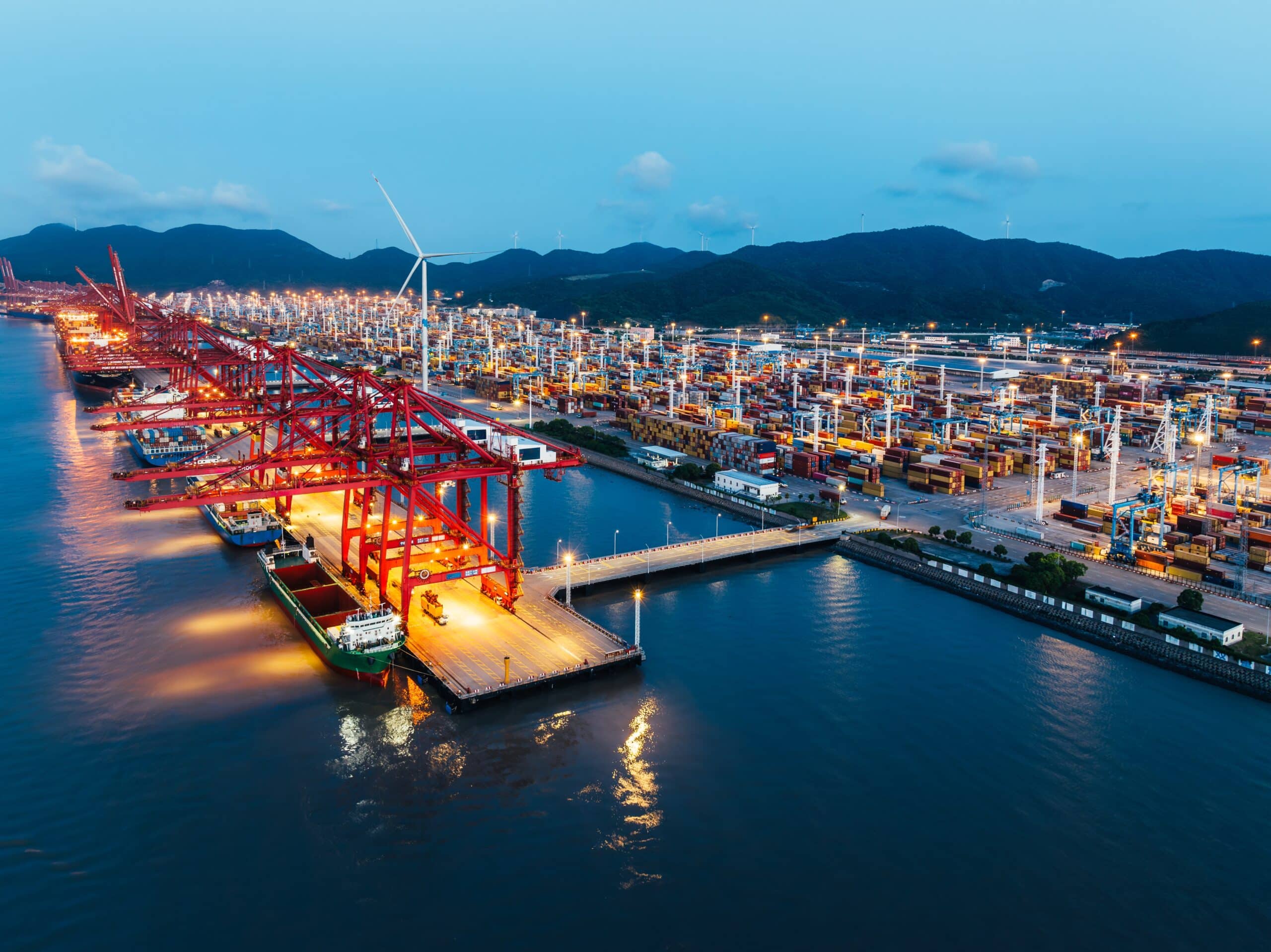Rerouting with Precision and Port Diversification:
Businesses should explore alternative shipping routes and consider diversifying their port access to ensure continuity. Leveraging a global logistics network can help identify the most efficient pathways, minimising delays and maintaining the flow of goods.
Empowering Operations with Real-Time Visibility and Communication:
Utilising advanced tracking tools is crucial during disruptions. These tools provide transparency across the supply chain, enabling businesses to make informed decisions and swiftly adjust logistics plans as conditions evolve.
Proactive Risk Management and Strategic Contingency Planning:
Developing and implementing robust contingency plans is essential for maintaining supply chain resilience. By anticipating potential disruptions and pre-emptively adjusting strategies, such as rerouting shipments or managing inventory levels, businesses can stay ahead of challenges.
Leveraging Relationships with Carriers and Ports:
Strong relationships with shipping lines and port authorities can be invaluable. These connections can facilitate priority handling and expedited processing, reducing delays and ensuring that cargo reaches its destination efficiently.





